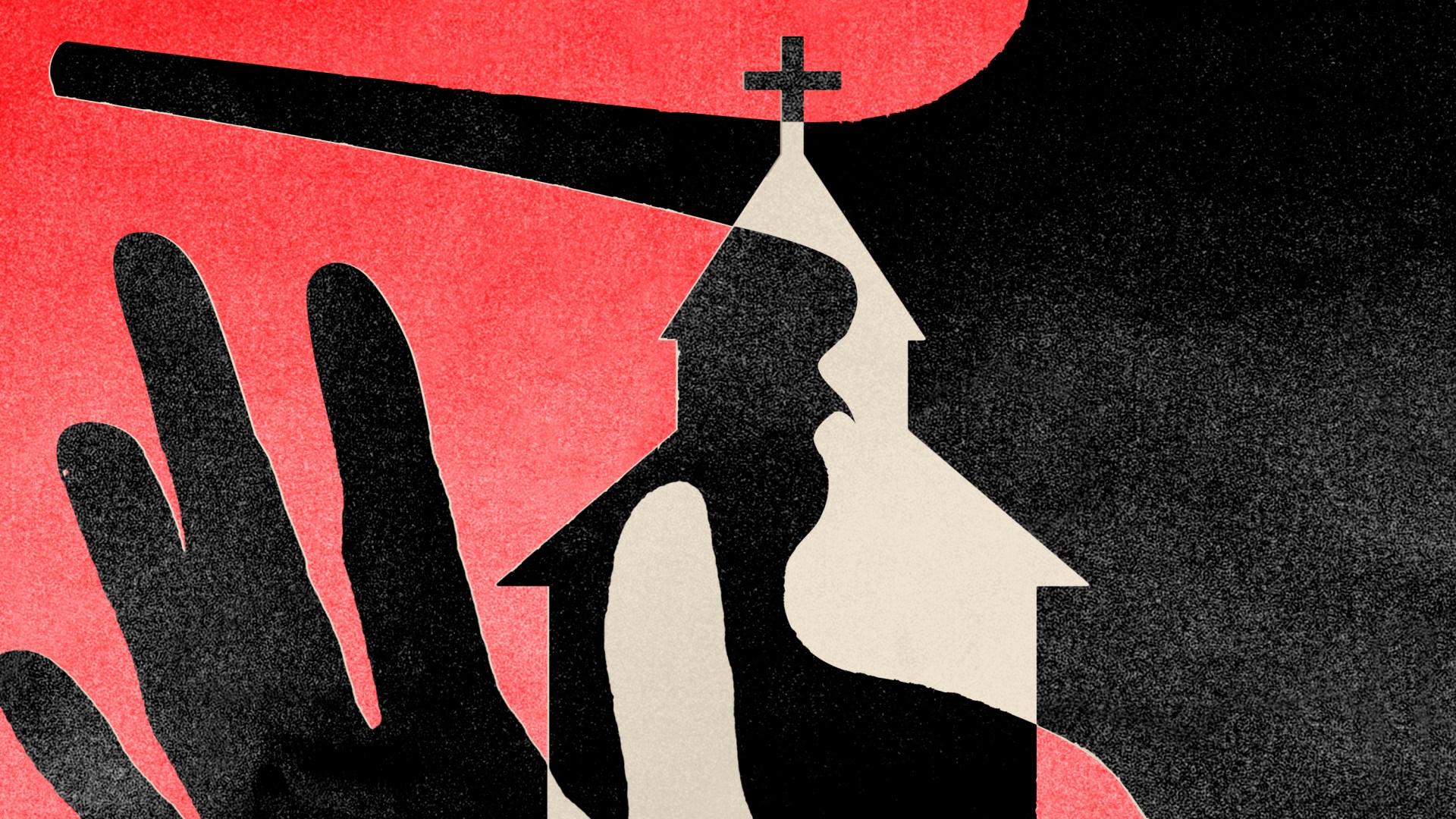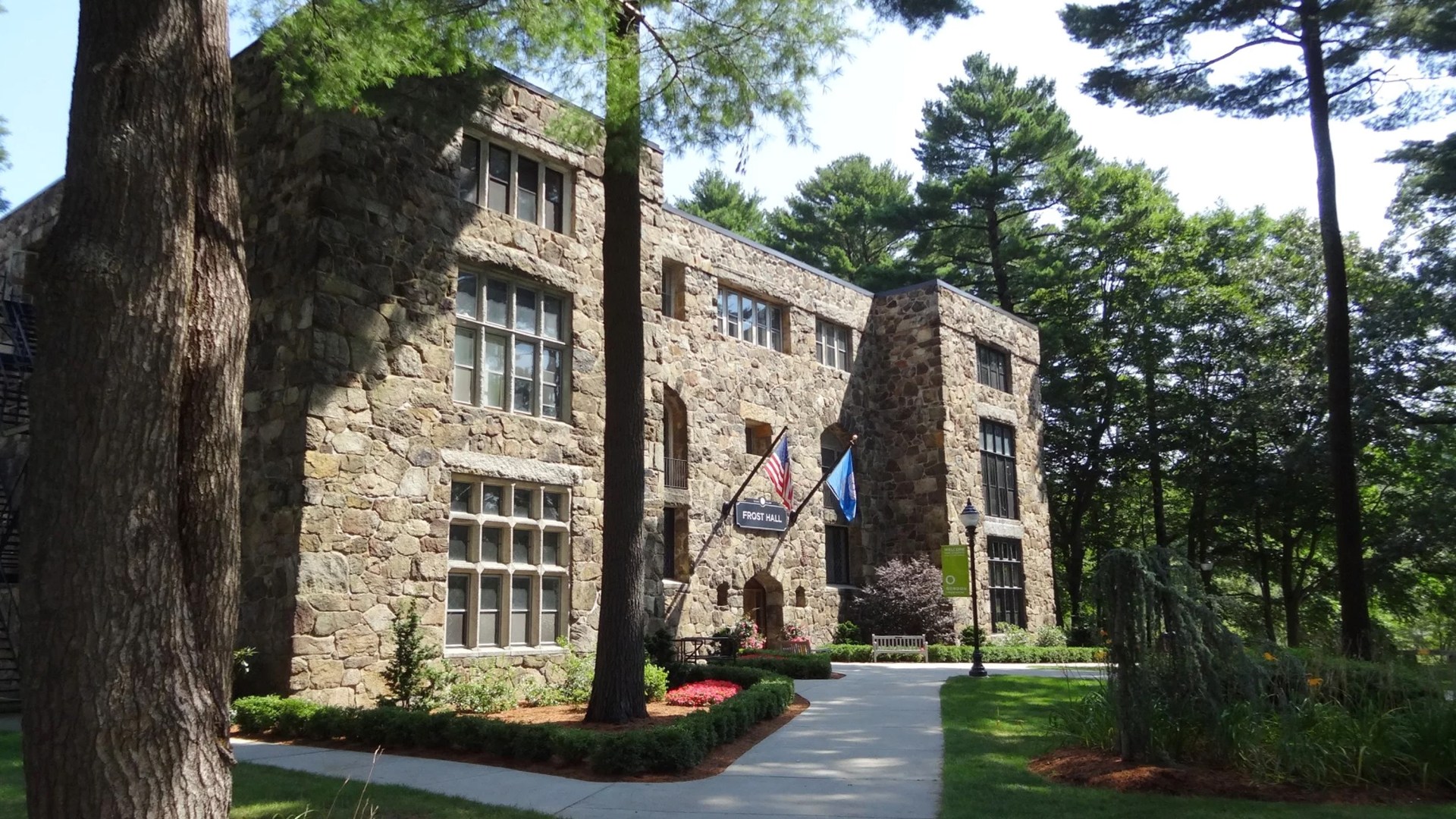On an early morning flight out of the country, I claimed the window seat. Alongside the usual anticipation that accompanies travel, I felt joy and fear and sadness. I don’t remember if I cried. What I do remember are the mountains, the wobbly takeoff in the rundown plane, and the small comfort of knowing that I didn’t forget anything. Everything we owned sat in the belly of the plane, packed neatly into a dozen trunks and a few suitcases.
That was almost four years ago.
Most people would never guess now that I spent my childhood as a homeschooler in northern Iraq. Our family moved to the country to serve the Kurdish church when I was six; we moved back just before I turned 18. And when we returned, I did my best to erase every trace of those years from myself.
But their impact, of course, has remained. I still blank when someone asks where I’m from. I have struggled to find an identity outside of “the girl who lived in Iraq.”
I have a tattoo of the mountains on my right forearm now, and a reference to Joshua 1:9 in Kurdish: “Have I not commanded you? Be strong and courageous. Do not be afraid; do not be discouraged, for the Lord your God will be with you wherever you go.” The tattoo is a tether to the place that was both home and foreign, the place that I love and hate, fear and miss; the place that elicits just about every possible emotion.
That first fall back in the United States, after I graduated from high school, I moved to the Northwoods of Wisconsin for nine months to attend a gap year program. It was one of the worst years of my life. I know now that no matter where in the United States I’d been, this season would have been a dark one. I was anxious, depressed, and lost, overwhelmed by the differences between the place I’d left and the place I found myself now.
As a young girl who grew up in a Muslim world, I had never experienced independence. Instead of slowly working my way into freedom, though, I rebelled in as many ways as I could. I praise God now that my choices didn’t lead to greater consequences.
In Iraq, dating wasn’t an option, and I had internalized many broken messages about myself and men. Instead of talking through those messages with a trusted advisor, I started dating someone who didn’t understand the baggage I was carrying.
My parents had always guided my faith; I lived at home, I went to school at home, and we were a close-knit family, often each other’s only Christian community. I never had the chance to learn what my own faith looked like. During my gap year, I didn’t open my Bible or pray for months. I felt myself pulling away from my faith and my parents, deeper into confusion, grief, and insecurity.
Starting college in Indiana brought a fresh start. I explored my relationship with God through Bible classes and chapel and in my own times of praying and journaling; I started calling home more.
But the culture shock wasn’t over. I wasn’t just getting used to living in America; I was getting used to being part of “Gen Z,” with its fast-paced chaos of micro-trends, social media, and nostalgia. In a new context, on the cusp of adulthood, I was immediately overwhelmed by the memes and inside jokes familiar to my peers.
When we first moved back, I’d tried to ignore all the references. How could I stay on track with God and schoolwork while also keeping track of fashion and slang and jokes?
But despite my efforts to ignore my feelings, I was terrified and embarrassed by my lack of knowledge. I didn’t know every Disney Channel theme song (or any, for that matter). I didn’t have a pair of dirty Air Force 1s. (I had a pair of faded Nike tennis shoes I got at the secondhand market in Iraq.) I had never listened to Kanye or Taylor Swift. My idea of fun was exploring a mountainside that might have a couple unmarked landmines, not running to Starbucks to grab an overpriced drink. I didn’t understand what it meant to be “normal.”
It took time and effort to learn my peers’ culture: Years of study, years of mimicking everyone around me. Next year, I’ll be a senior in college, but from time to time, I’m still haunted by imposter syndrome. I’m supposed to belong here, but I don’t—not fully, anyways. I still like sitting on the floor more than I like sitting at a desk. I know what it’s like to live in a world where peace is a privilege, not an expectation. I miss pushing my way through crowded, sweaty markets, haggling with vendors in a different language. That tattoo will remain on my forearm.
These challenges aren’t unique to me. Missionary kids returning from long stints overseas—“third-culture kids,” as American sociologist Ruth Useem described us—often have difficulty returning to our sending cultures. We suffer from the loss of well-known sights and smells, food and language—while, at the same time, we are expected to love being “back home.” Sometimes, we’re haunted by the poverty, suffering, and oppression we saw abroad. Some of us feel that our needs were neglected in the shadow of the mission. These are all familiar feelings to me.
A pair of 2009 studies from Mental Health, Religion & Culture showed that college-age missionary kids score lower than their peers in both physical well-being and sociocultural adaptation. Surveyed missionary kids said one of their biggest struggles upon returning “home” was knowing how to fit in and understanding the references their peers were making. They all expressed frustration that there hadn’t been more support.
I certainly needed a support system when I returned to the United States. I was told I would grieve, but I needed more than a warning. I needed someone to tell me what that grief would be for, exactly, and to reassure me that it was okay if my grief didn’t look the same as anyone else’s. I needed a reminder that I was not alone in my pain. I wish there had been someone—a friend, a mentor—who had understood where I was at and checked in on me, someone who could have shared their own process, however messy and disorganized.
If I could speak to my 18-year-old self now, I’d tell her to take it slow; there’s no shame in learning to walk before you try to run. But I didn’t have an older version of myself looking out for me. In order to adapt to the new, I just tried to get rid of everything old. I tried to throw away the shaping that God had done in me during my time overseas. I wanted to be the same as everyone around me. It has taken me a long time to accept that Iraq has forever made me a little different.
Some part of me will always be the girl who grew up in Iraq. That part of my story, the leaving and the longing and the adjusting, has come with suffering—which has also produced in me perseverance, character, and hope (Rom. 5:3–5). Obviously, that process has been far from perfect. I am stubborn and adverse to change. But I have learned the grace of God; I am learning to trust that he will use me in a way I might not see yet.
Today, I can say with certainty that I wouldn’t give up my time overseas for anything. We only saw one person give his life to Christ during our years there, but my heart for the nations was forever changed by the Kurds. I carry with me the burden of lost hearts, the children who will never see outside of their city, the memories of the most authentic, frustrating, and hospitable people I’ve known. Instead of denying the difficult gifts of my past, I can say with sincerity, “Here I am, Lord: Send me!”—with all my sadness and fear, my joy and anticipation.
Annie Meldrum is an intern at Christianity Today.










































